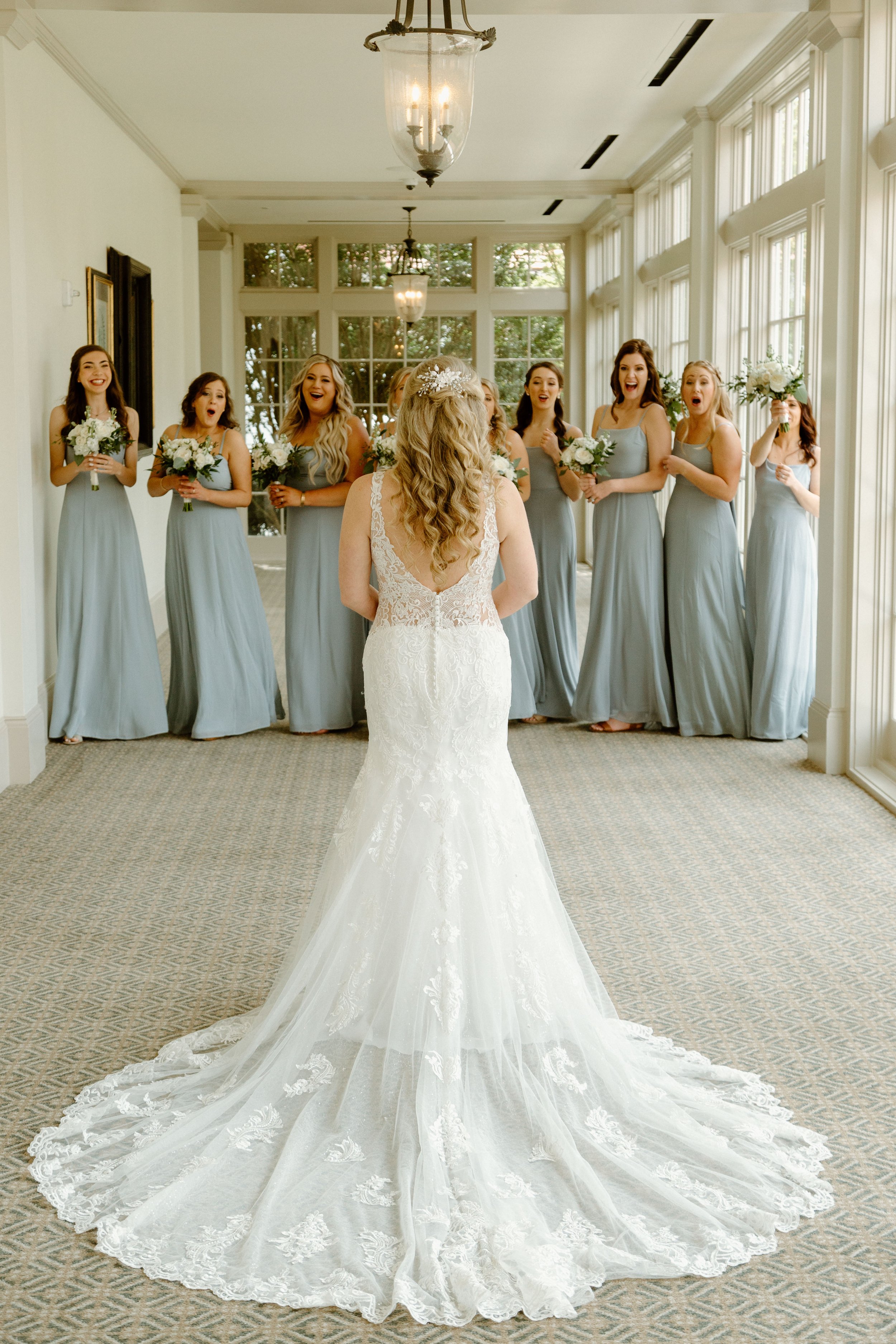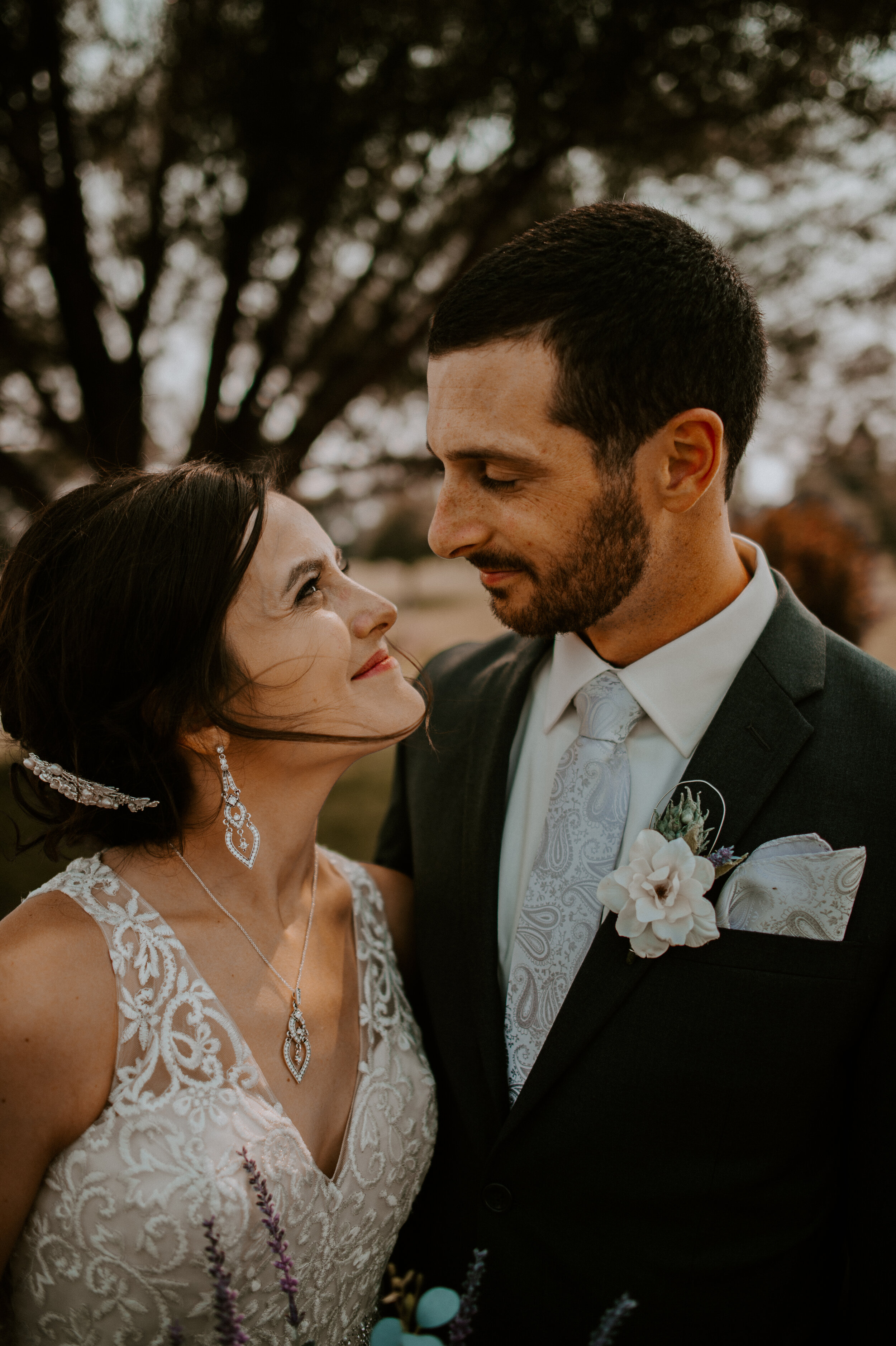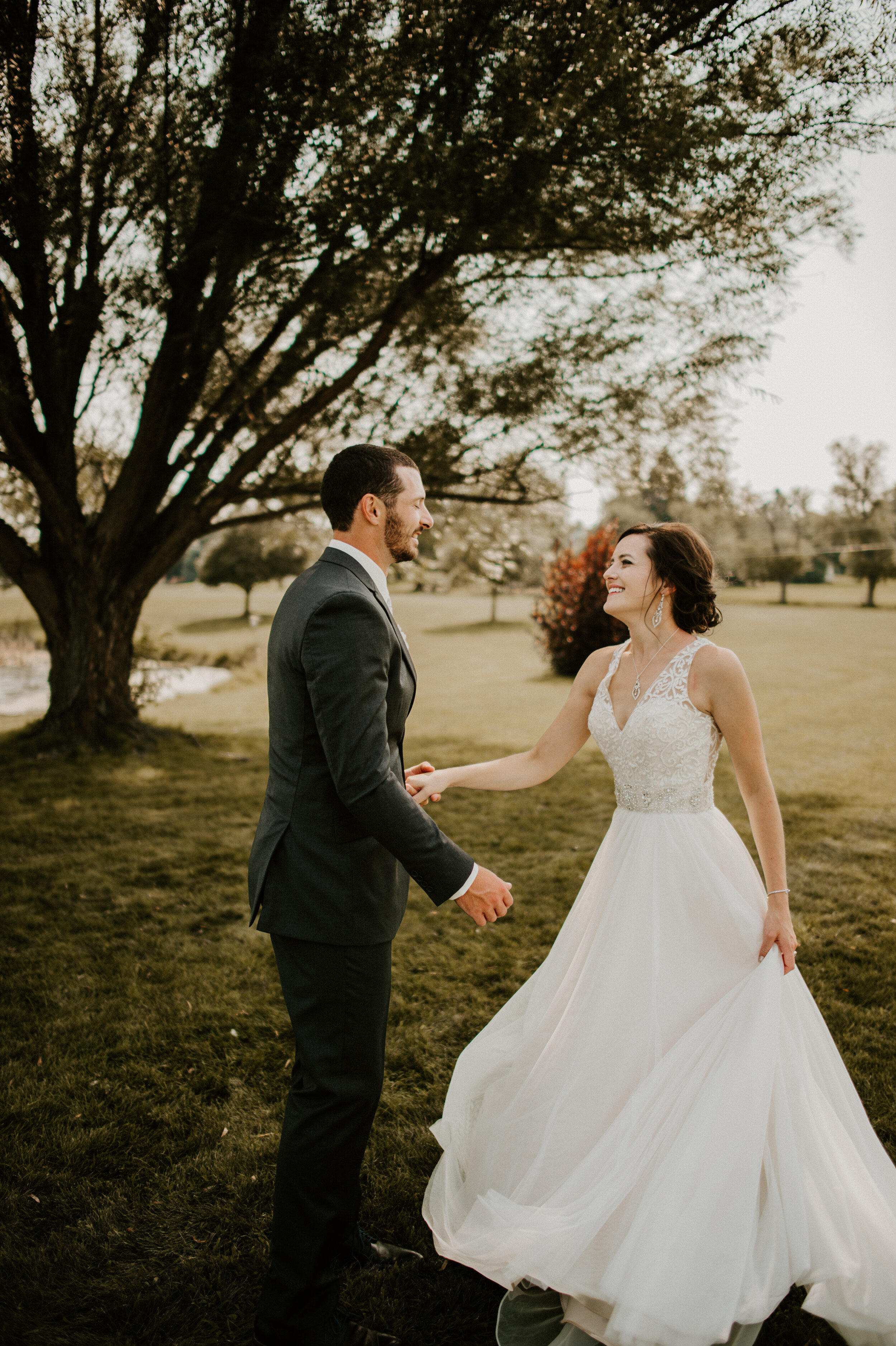A Prayer for the Spoken Bride, disciple of Jesus.
/CORINNE GANNOTTI
In the past few months, I've been rereading and meditating on the words of the Church found in the Catechism's article about the Sacrament of Matrimony.
I've been so moved by its language - the way in which its authors describe the nature and end of marriage, and all its essential qualities. But beautiful as they are, it can be easy to read the teachings of the Catechism contained here as spiritual reflections that feel far from our lived experiences of married life.
PHOTOGRAPHY: Nicole Sandercock Photography
But that's not what they are meant to be.
“Catechesis” is the term used in the language of faith to describe the whole effort of the Church to make disciples. So, we can understand that all the words contained in the Catechism are placed there to help form us to be better disciples of Jesus, more honest and intentional followers of Him.
They aren't just beautiful theological conjecture. The spiritual words of the Church here are meaningful for our real lives - in study and formation and prayer. They come from Sacred Scripture, the Church Fathers, liturgy, the Church's Magisterium. And honestly, praying with the very words of this section of the Catechism is a beautiful way to realize their catechetical aim, because prayer is a central way in which we live out our lives as disciples.
My own praying with these paragraphs of the Catechism has been a blessing. And should you ever choose to, I'm very confident it will bless you as well.
I found that the fruit of praying with these teachings was a deep sense of encouragement. And I really believe the Teaching Church wants married couples to find inspiration and reassurance here. So even if you don’t find in yourself the desire to sit with these paragraphs in the quiet of personal prayer, I hope to offer you a sense of that encouragement in a little poetic prayer crafted with some of the words and much of the spirit of this section of the Catechism.
I hope in it you can hear the voice of the Body of Christ - the Church Jesus left to form and guide and bring you close to Him - encouraging you in your vocation.
A Prayer for the Spoken Bride
As I live daily in the workings of the mystery of marriage,
Keep me awake to Your movement, O God.
You are the author of this covenant union and I do not stand alone. Entwined within my marriage’s intimacy is the power of Your Holy Spirit, And you will not deny me the grace which I seek.
You have created me for communion.
Give me the grace to find You in my spouse even when I forget that this very intimate belonging is Your great gift to me, through him. Marriage makes my whole life echo Your character to the world - A chance to become an image of the absolute and unfailing love with which You love.
Free my marriage from the entanglement of sin and sanctify me through the brokenness I encounter in my spouse, and he in me.
May our love be marked with a pattern of forgiveness and repair. May I experience a taste of Your holy mercy through my husband’s love for me, my husband who accepts me despite my shortcomings, who chooses me in my frailty.
Fortify my marriage against the enemy who seeks to undermine our love, to plant seeds of discontent and fear and a desire for self-protection where it does not belong.
For there is no fear in love, and in Your holy name I cast it out.
It is You who binds up my wounds - the ones that only marriage may cause me to realize I possess.
Give me Your grace, the holy life You promise me through this Sacrament, never refuse it to me. Without it I can never hope to live the fidelity I have promised. Because it is Your fidelity I have promised.
May the love of my marriage be found good, very good in Your eyes. May the sufferings my husband and I bear now as crosses in our shared life on earth become our shared offering to You - enflamed with the fire of your Holy Spirit, who guards the bond of our union.
May they be like burnt offerings made from the altar of our Domestic Church - our island of belief in an unbelieving world.
You will never leave me.
As You ask me, through marriage, to live entirely in a posture of gift, You also prepare me to receive new life in You and through You. As I learn to endure in generosity, I will find You there. In whatever way you shape my family on this earth, I will find You there.
May my marriage be for my good and the good of my husband.
May I trust in Your providence.
May I know Your intimate love.
Without you, I can do nothing.
You are the source of my marriage’s love,
You are the end of my marriage’s love,
You are Love.
Holy Family of Nazareth, pray for us.
Amen.
About the Author: Corinne studied Theology and Catechetics at Franciscan University where she met her husband, Sam. They were married in 2016 and now live in Pennsylvania with their two children, Michael and Vera, and where she continues to work in the ministry field. She especially enjoys reading stories with her 3 year old, running, and crossing things off her to-do list. She desires to live a life marked by joy, and is grateful to have a family who makes that effort much easier by helping her take herself less seriously.






























